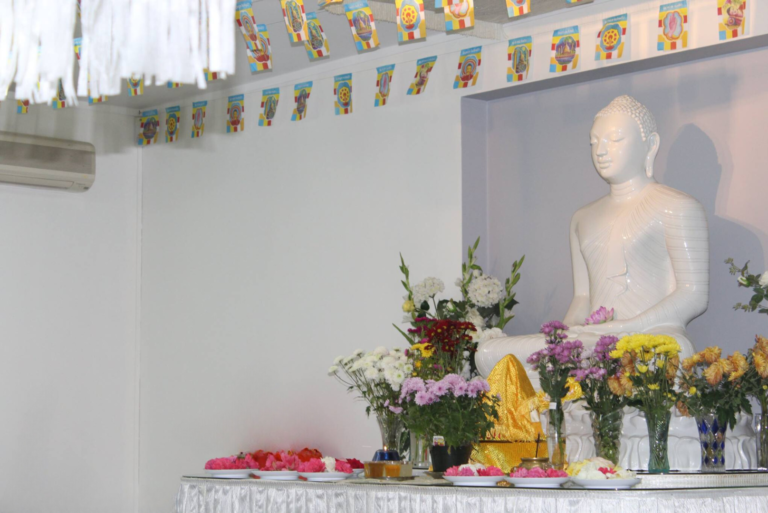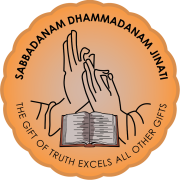About ACBL

Instrumented by the foresights of Ven. Elle Chandawimala Maha Thero and through the hard work of a core group of devotees in 2005, the ACBL was born in the latter part of the same year. From this humble beginning, the institution has passes through about a decade during which a large number of devotees and others in New Zealand have been benefitted. It was registered as a charity (AUC 23320) and a society (CC31039) in 2005. The first venue for ACBL has been in Waipuna Road, Mt Wellington where it stayed until 2007 when the property was taken over to pave the way for the now Sylvia Shopping Complex. In this premises, about 4 monks have served the Centre while celebrating two Katina puja.
The Centre was moved to Panmure in 2008 where it remained for two years.
In the later part of 2009, the decision was taken to purchase a property for the center. The dream of Late Venerable Chandawimala Maha Thero turned into a reality in the same year when the premises at 64 Bank Road was purchased. A team hesded by the late Ven. Chandawimala Maha Thero worked tirelessly to raise funds required to purchase te new premises. The official date of moving into the own premises was on 31st December 2008. Quite unexpectedly, the first Patron Monk, Ven. Elle Chandawimala Maha Thero passed away in Sri Lanka on the same day. It continued to operate at the same premises during which about six monks served the devotees.
Because of the space requirement and other issues, the idea to move into a bigger place became necessary. After 1-2 years of hard work, a better place was identified and thepremises eventually purchased in 2013. The Centre moved into this large and specious building on 20th July 2013. The Ven Amandoluwe Dhammaratana Thero became the second Patron Monk of the ACBL Trust on 22nd January 2012. The Thero is the second monk to have reached the Patron Monk in the history of ACBL. The centre continues to operate from the present premises at 43 A, Fairfax Avenue, Penrose.
The centre continues to serve about one thousand Buddhist devotees with several non-Buddhists. It organises various religious and cultural activities, educational programes inclusive of children and environmental conservation activities, the latter on request.
